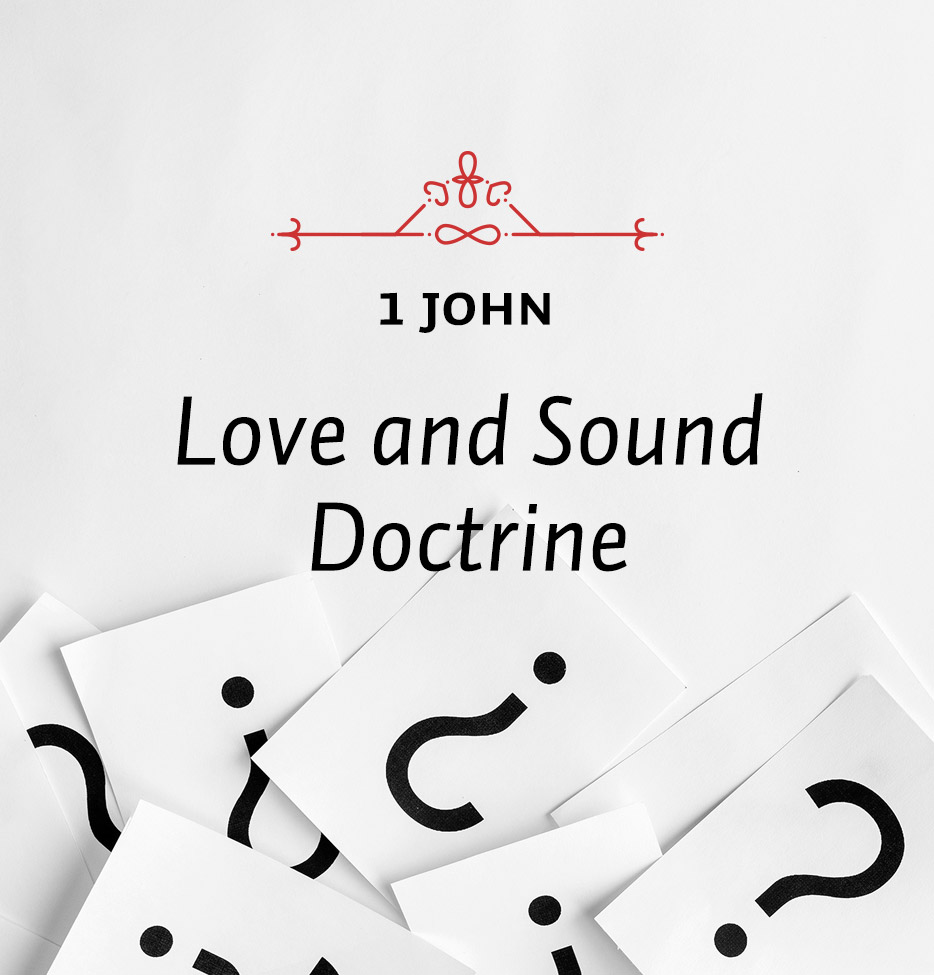The second area in which love finds perfection is in reference to our love for the brethren; for it is there, according to John, that real love is to be seen and measured.
John begins this section by a broad statement: “We love him, because he first loved us.” But lest a person apply this to a love for God exclusive of a love for human beings, John immediately goes on to show that anyone who is attempting to separate the two is a liar; for love cannot be so differentiated. John’s reasoning at this point is quite interesting. He argues that it is easier to love men than God; therefore, if there is no love for men, love for God is absent also, regardless of what the person professing to love God may say verbally.
How many Christians really believe that it is easier to love men than God? Possibly it is a very small number, for our natural inclination is to think that it is difficult to love men because they are not lovable or lovely. Yet this passage says exactly the opposite, implying no doubt that unless we are really loving our Christian brothers and sisters on the horizontal level we are deluding ourselves in regard to what we consider to be our love for God on the vertical. Unless we can love men and women we cannot love God. Unless we actually do love them, we do not love the One who created them and in whose image they were and are created.
We can put this in other terms. Earlier in our studies of this book we considered the difference between philia-love and agape-love. Philia-love is strong brotherly affection. It might be described as the highest love of which man in himself is capable. Agape-love is divine love. It might be described as the love of which God and those who are indwelt by God are capable. These verses are the equivalent of saying that a person cannot practice agape-love unless he can first practice philia-love. Without love for men the love of God is impossible.
It is possible, moreover, that another conclusion is justified because of this text. It is the conclusion that it is in learning to love men that we learn to love God. On the one hand, there are undoubtedly those who loudly profess to love God but who do not love their Christian brothers and sisters. John rightly calls such liars. But on the other hand, it is also possible that there are many who recognize that they do not really love God (at least not as much as they would like to) and who wonder how they might learn to love Him better. “I cannot see Him,” they might argue. “At times He seems so far away and so unreal. How can I learn to love Him? How can I make progress in this that I know to be my privilege and Christian duty?” On the basis of these verses we are justified in arguing that John might well reply that a Christian learns to love God by loving those he can actually see. This does not replace the revelation of God’s love at the cross of Jesus Christ, of course. It is there that we learn what love is. Nevertheless, it does supplement it practically. For it is by practicing a very real and self-sacrificing love for one another that we learn to love the One who sacrificed Himself for us.






